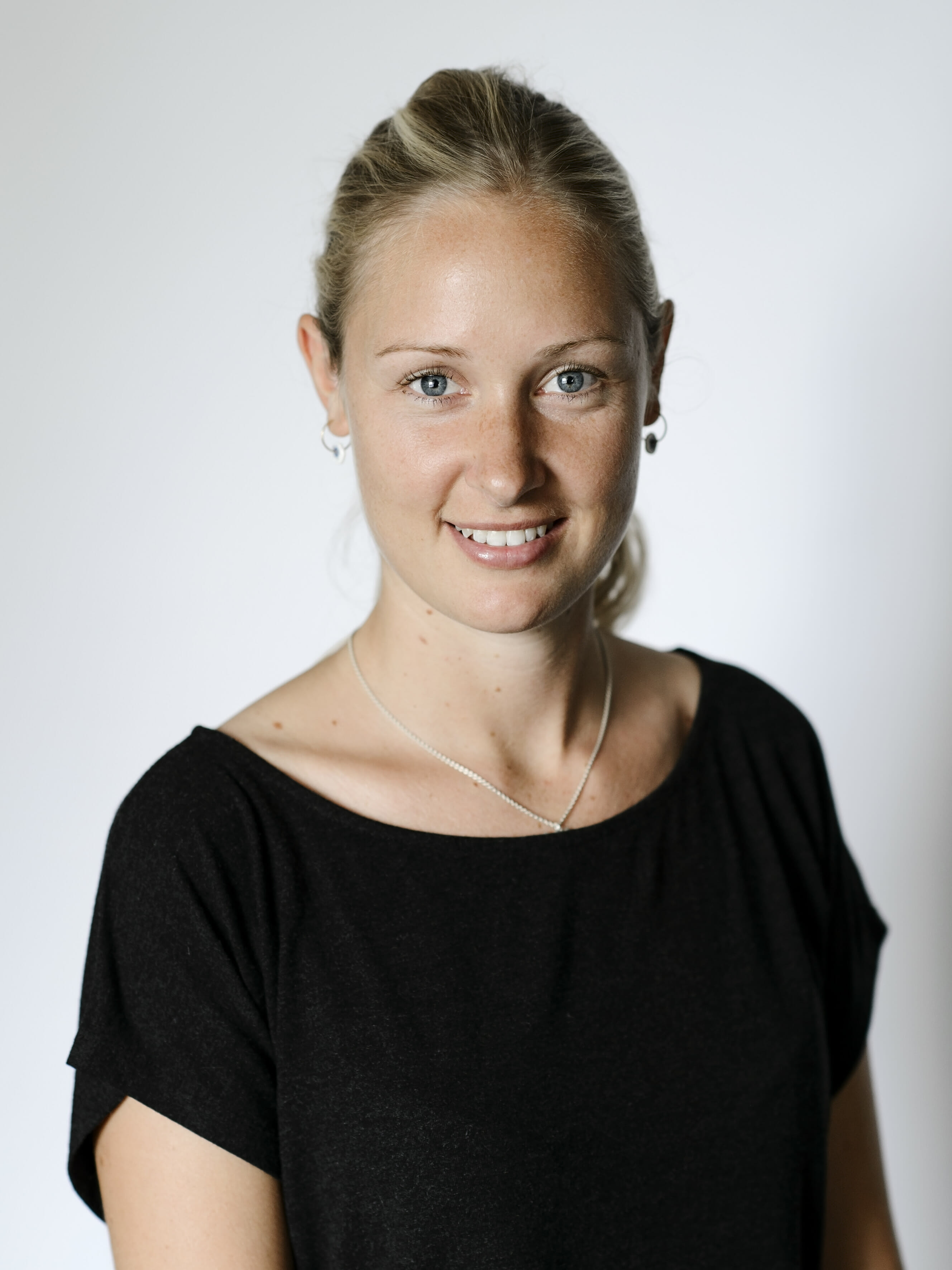Universitetsavisen
Nørregade 10
1165 København K
Tlf: 21 17 95 65 (man-fre kl. 9-15)
E-mail: uni-avis@adm.ku.dk
Ph.d.-forsvar
Ph.d.-forsvar — Sofie Rosenlund Lau defends her PhD thesis "MATTERS OF COURSE. An Ethnographic Assemblage of the Routinization of Statins in Denmark".
Date & Time:
Place:
University of Copenhagen, Centre for Health and Society, Øster Farimagsgade 5, 1353 Copenhagen K, Room 35.01.44.
Hosted by:
Department of Anthropology
Cost:
Free
Candidate
Sofie Roesnlund Lau
Title
“MATTERS OF COURSE. An Ethnographic Assemblage of the Routinization of Statins in Denmark”. A copy of the the dissertation is available for reading at the department, please contact Vicki Antosz, Department of Anthropology, room 16.1.50.
Time and venue
23 March 2018 at 14:00. University of Copenhagen, Centre for Health and Society, Øster Farimagsgade 5, 1353 Copenhagen K, Room 35.01.44. The easiest is to use the entrance from Gammeltoftgade. Kindly note that the defence can last no longer than 3 hours, and that it will start precisely at the announced time.The Department of Anthropology will host a reception after the defence in room 33.1.19.
Assessment Committee
•Professor Ayo Wahlberg, Department of Anthropology, University of Copenhagen, Denmark (chair)
•Associate Professor Stine Adrian Aalborg University
•Senior Lecturer Salla Sariola
University of Turku, Finland
Abstract
This dissertation concerns the routinization of cholesterol-lowering statins as pharmaceutical prevention of cardiovascular disease (CVD) in Denmark. In this dissertation, I explore the transformation of statins from scientifically contested to standard of care by mapping how the field of preventive medicine has been shaped by a variety of human actors, technologies and logics. I argue that through the process of routinization, the earlier understanding of statins as highly ambiguous and uncertain has been recast as a matter of course: a self-evident solution to the problem of being ‘at risk’. By analysing the multiple effects of the transformation of statin use into a matter of course, I provide a historical and social contextualization of preventive medicine in Denmark, including a critical examination of what the routinization of preventive technologies entails. Furthermore, I highlight the importance of approaching preventive medicine, not just as a matter of course, but also as a practice and ideology that reaches into many aspects of life, hence should be handled with care and concern by citizens, healthcare providers and politicians alike.
